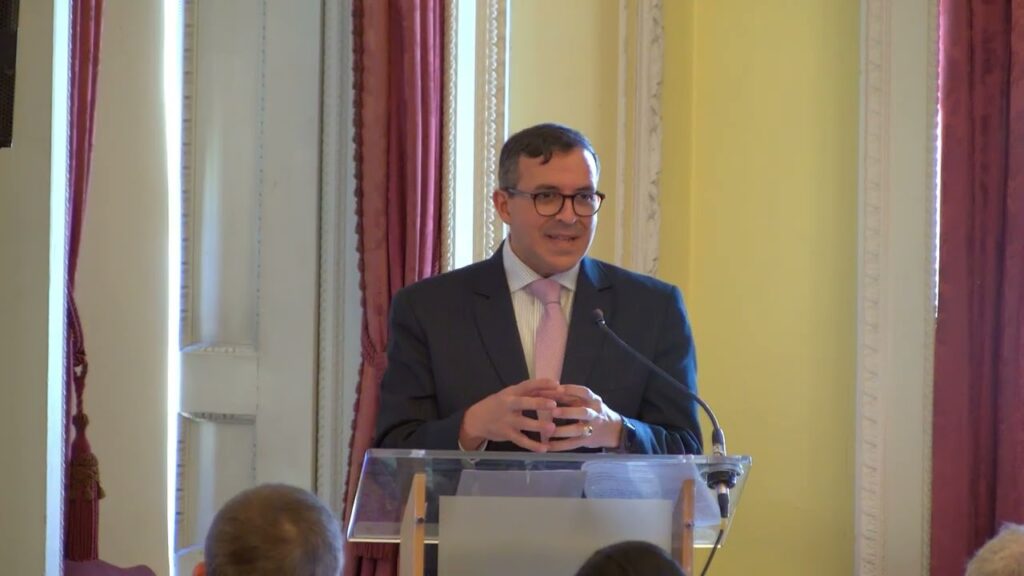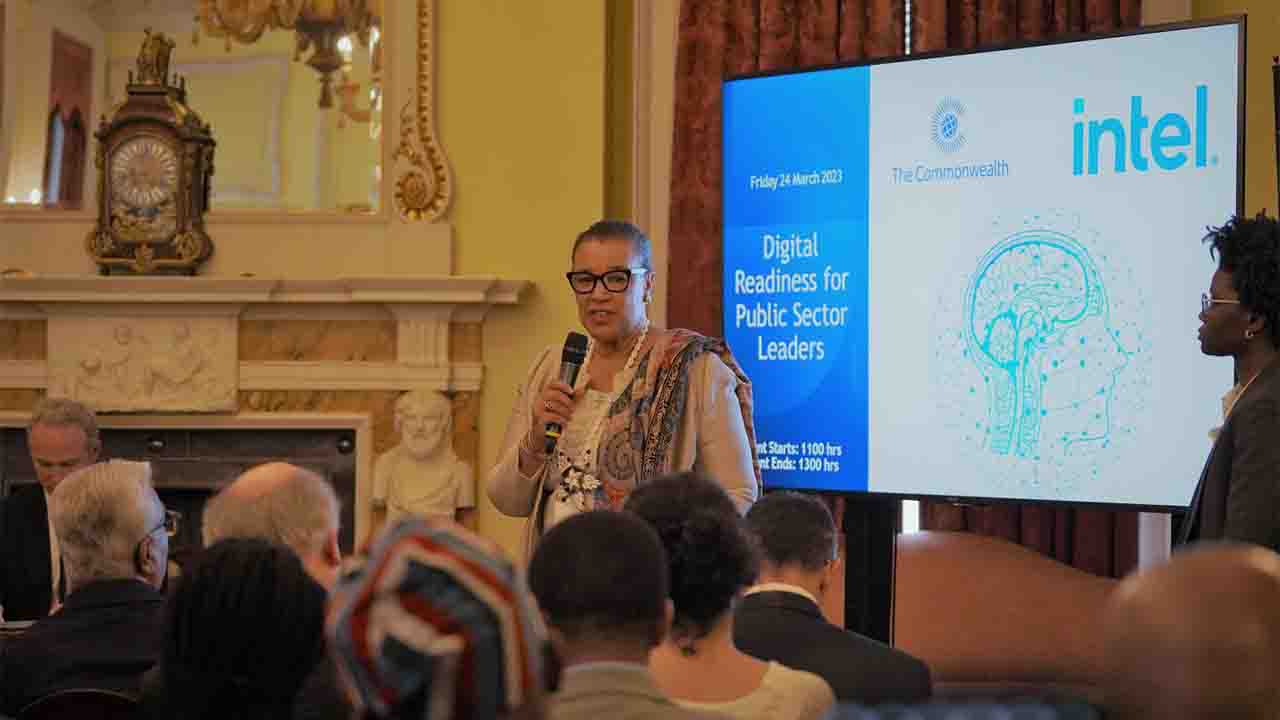United Kingdom (Commonwealth Union)_ Intel and the Commonwealth Secretariat have jointly established a digital learning platform to help public sector personnel in 56 nations to study and leverage innovative technology in order to accomplish development objectives. This online digital training course teaches artificial intelligence (AI) to senior officials throughout the Commonwealth member states and promotes understanding of its potential uses in many sectors, taking into account the existing needs and digital preparedness of each country.
Considering the ever-increasing pace and scope of digitalization in regular life, industry, and government, the ‘Digital Readiness for Public Sector Leaders’ project aims to assist nations in unlocking its advantages and narrowing the global AI gap. The self-paced course includes use-case examples, worldwide best practices, and frameworks that will empower learners to design digital transformation strategies, scalable solutions, and action plans for their communities. It includes subjects like digital governance, technology, infrastructure, and inclusiveness.

Launching the platform at the Commonwealth Headquarters in London, the Commonwealth Secretary-General, the Rt Hon Patricia Scotland, KC, expressed optimism over the initiative. She said, “This course is a new and important milestone achievement, which the Commonwealth has developed for our member countries in close collaboration with Intel. It provides a unique opportunity for public sector workers and leaders in member states to be trained in the fundamentals of Artificial Intelligence and Machine Learning. The course will lay the foundations for trust in these technologies, and confidence in our capability to use them effectively and responsibly.”
Ms. Sarah Kemp, the Vice President of Intel, joined the launch virtually. She highlighted the significance of digitization. She said, “Digitization drives benefits for governments and their citizens, including GDP growth, job creation, social inclusion along with improvement of services, as well as governance with increased participation, more transparency, and efficiency. For countries to remain competitive in the global economy, it is important for them to invest in expanding digital readiness for all and upskilling current and future workforces for an AI-ready world.”
The following experts and officials participated in the panel discussion: H.E. Johnston Busingye, the High Commissioner of Rwanda to the United Kingdom; Mr. Abdoulie Jammeh, the Deputy Permanent Secretary of the Ministry of Trade, Industry, Regional Integration and Employment of The Gambia; Mr. Steve Shakespeare, the Director of Enterprise and Public Sector for Europe, the Middle East, and Africa at Intel Corporation; and Mr. Richard Stirling, the Chief Executive Officer of Oxford Insights.

The High Commissioner of Rwanda highlighted the practical applications of AI in developing nations. According to him, artificial intelligence and machine learning can promote smart agriculture, environmental monitoring and protection, improved coastal management, a smart fishing sector, a better tourism sector, improved lagoon monitoring, and the smart use and generation of renewable energy, among many other industries that have immediate and long-term implications. He also noted that digital preparedness has scope in the present and the future, and that the Commonwealth nations must not fall behind.
Mr. Bharat Lal, Director General of the National Centre for Good Governance of India, discussed India’s digitalization success story and the use of AI in good governance in a special presentation, emphasizing achievements in the agriculture sector and COVID-19 management in India. Further, the growth of the digital economy in establishing new economic paths and employment possibilities throughout the Commonwealth was another topic of discussion. As stated in the Commonwealth Connectivity Strategy, the digital economy is anticipated to play a crucial role in realizing the goal of $2 trillion in commerce between member nations by 2030.
Additionally, participants also highlighted the expanding disparity between those who have access to digital connectivity and AI technology and those who do not, with poor nations and tiny states more likely to be harmed by a lack of digital preparedness. The event also highlighted the Commonwealth Secretariat’s goal of creating a platform to help Commonwealth small states develop domestic transformative technologies and artificial intelligence (AI) capacity to build their economic resilience, reduce climate change, and train their workforces.







